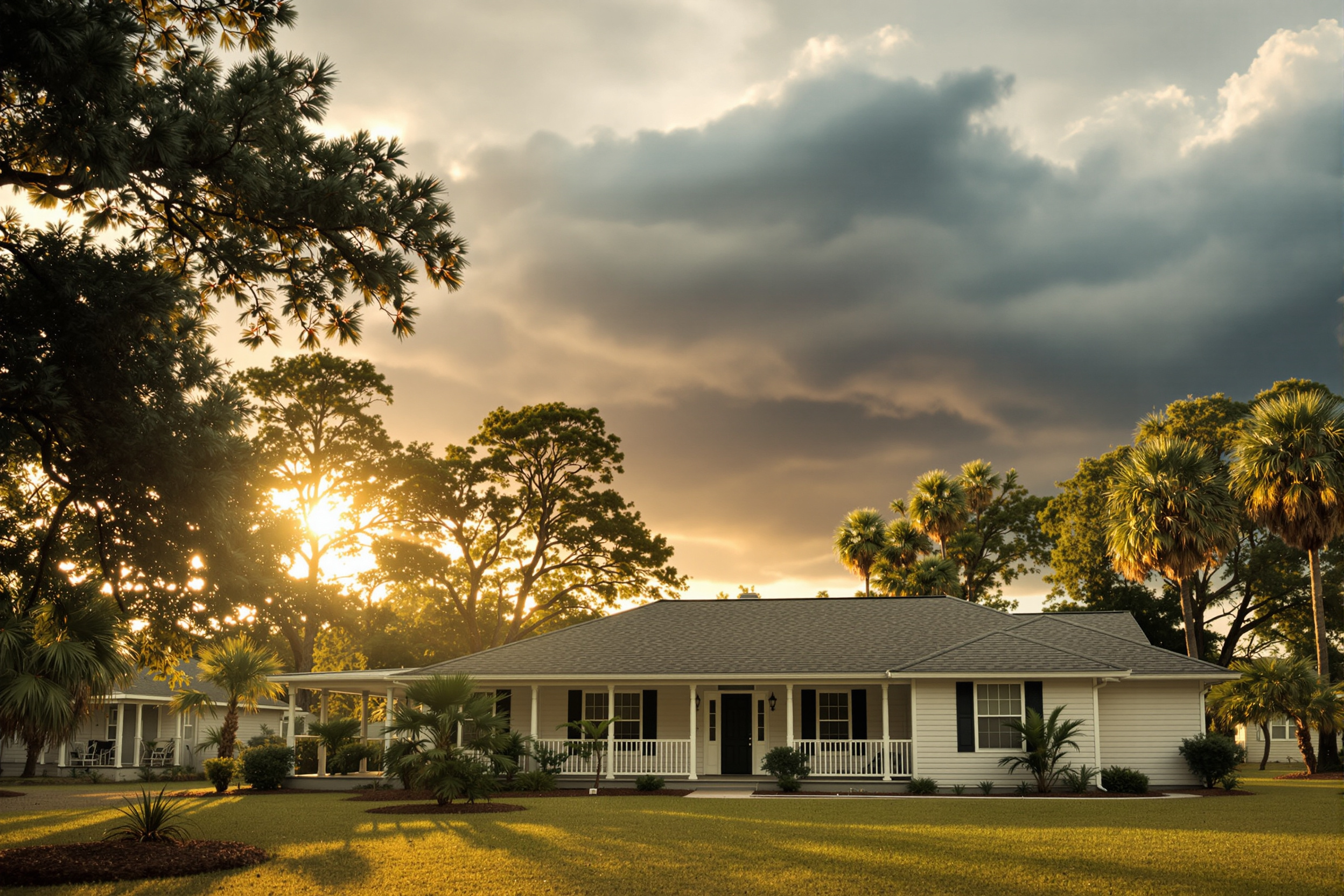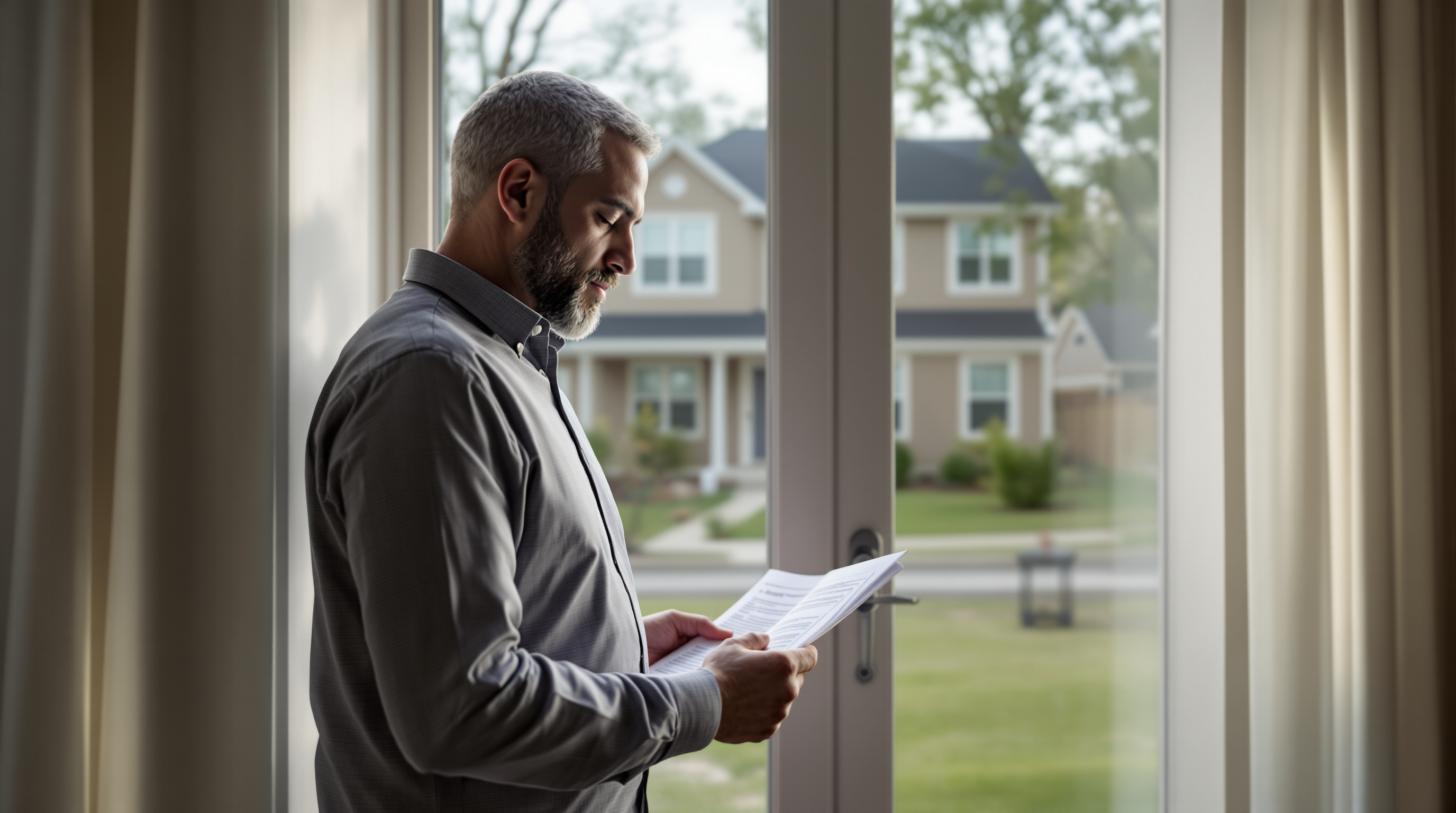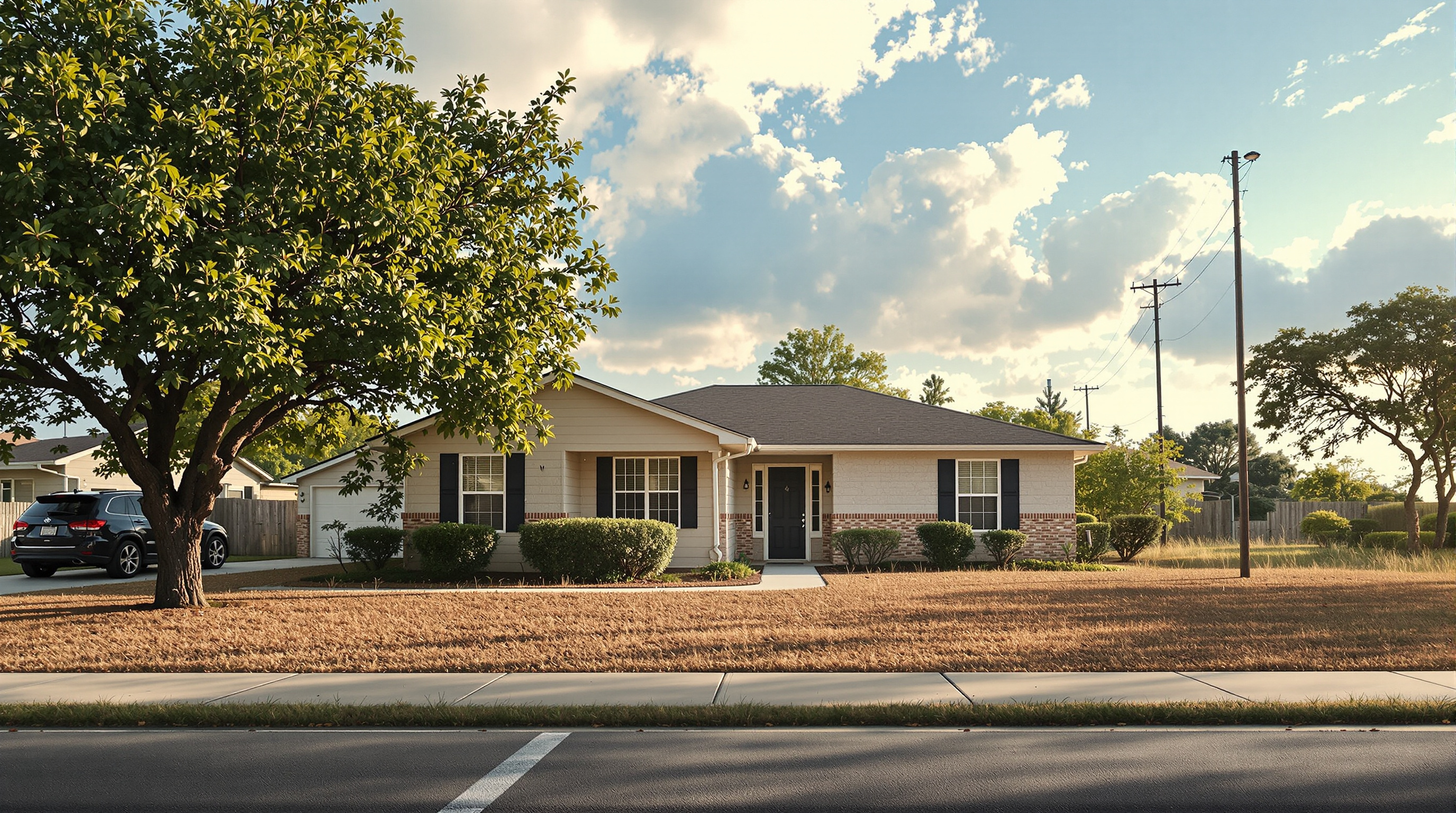While most landlord insurance policies cover water damage, the coverage usually comes with several caveats that mean you’ll need separate coverage added to your policy to fill the gaps. The most common add-on is flood insurance, which covers damages to your property due to excess water from heavy rains. But did you know that damages from sewer backup are usually not covered in either of these policies?
A sewer backup happens when sewage or water backs up into your home through the drains. This can happen due to a clog in the sewer line or a heavy rainstorm. When this happens, the sewage or water can come up through your toilets, showers, and sinks. It can also cause flooding in your basement.
Imagine the amount of damage a backed-up sewer can cause to your rental property. Not to mention having to deal with tenants angry about damage to their personal property and the unhygienic environment left behind.
With the right insurance coverage, however, you can better protect your rental investment against massive losses from sewer backups.
What Is Sewer Backup Insurance?
Sewer backup, also known as sump pump or sewer coverage, is an insurance policy addendum that protects you against financial losses you could incur when sewer, drain water, or sump pump water backs up or overflows into the property. Insurance companies normally do not offer it within standard landlord policies. Instead, it can be added to your landlord insurance policy as a rider for an extra cost.
Sewer backup insurance shouldn't be confused with flood insurance. Flood Insurance is meant to provide coverage for damages caused by rising surface water. This water could be from heavy rains, snow, breaking banks of water bodies, or collapsed swimming pools. On the other hand, sewer backup insurance typically only applies when there is water backup from your property's main sewer or drains.

Why Is Sewer Backup Insurance So Expensive?
The costs of repairing a sewer backup may range between $20,000 and $50,000, depending on the extent of work needed, and sometimes more when dealing with massive property damage, like damage to a building's primary structure.
Because repairs can be costly, add-on coverage for sewer backup damage may cost more than you expect. Premiums vary between insurance providers and may depend on several factors, including:
- Property location: This can include the age of neighboring homes and municipal drains connecting to them.
- Policy limits: Higher policy limits, or policies providing replacement cost value instead of actual cash value may have higher premiums.
- Deductible: Higher deductible policies are often offset by lower premiums.
- Age of property: The older your property, the higher your sewer backup insurance costs
- Drain age: If your home has an old plumbing system, it's much more likely to experience water backup
- Risk level: Any steps you have taken to reduce the likelihood of a sewer backup
What Does Sewer Backup Insurance Cover?
Since this policy can be added as a rider to landlord insurance policies, the level of coverage varies depending on the provider and the property owner's needs. Generally, it will provide coverage for:
- The cost of sewer water removal
- The cost of decontaminating the property
- Damages to your property's sewer line. However, it may only cover the damage up to the city's main line.
- Replacing or repairing the property's structures, like walls and floor, and the landlord's content in the property, like carpet and drapes, up to your policy's limit
Even though your insurance company might cover damages caused by a sewer backup, not every backup instance will be covered. Insurance companies generally do not cover damages caused by water backup from a damaged, neglected, or faulty plumbing system. There are also exclusions for water backup caused by:
- Water seeping into the property from heavy rains or sewer backup through a cracked foundation
- Sewer backup due to your municipality's failure to maintain the system
Is Sewer Backup Insurance Worth It?
Like any other insurance coverage, you may question whether sewer backup insurance is essential and worth it. The answer is a bit complicated because not all properties are built equally. Some are more exposed to this peril than others, especially those in older neighborhoods or low-lying locations. For newer properties located on high ground, there may be less of a need for water backup coverage.
Even though protecting your rental property can be expensive, sewer backup insurance coverage can be worth the cost. Having this insurance can help protect you from potentially losing a lot of money if there is a sewer backup in your rental.
A heavy storm, sump pump failure, broken lines, nearby tree roots, or clogged pipes from diapers, feminine products, or other debris can all cause problematic sewer backups. Even more concerning, it is estimated that the risk of sewer backups is increasing annually by about 3%.
As a real estate investor, you need to find ways to mitigate risks and reduce your financial losses when calamity strikes. That's why adding sewer backup insurance to your policy is important. First, it gives you peace of mind. Second, it cushions you against significant financial losses when facing high repair and drainage costs.
According to the International Risk Management Institute, property owners without sewer backup coverage could pay between $20,000 to $50,000 to repair damages from sewer backup. Of course, the damages could be more than this if you own several rental properties or an apartment building.
How to Prevent Sewer Backup Damage
Sewer backup insurance can be costly. However, you may be able to reduce your costs without giving up your coverage. The following tips can help you keep your sewer backup insurance affordable:
- Educate yourself and your tenants about what a sewer backup is and how to prevent one.
- Make sure your rental property is up to code and that there are no potential hazards that could cause a sewer backup.
- Inspect your sewer line regularly to ensure there are no blockages or other issues that could cause a backup.
- Have a professional plumber perform regular maintenance on your sewer line to help prevent backups.
- Install a backwater valve in your sewer line to help prevent sewage from backing up into your rental property.
- Regularly clean gutters and downspouts to ensure they are not clogged and causing water to back up into your sewer line.
- Dispose of all grease, oil, and food waste properly to help prevent them from clogging your sewer line.
- Reduce the amount of water you use during peak times to help ease the strain on your sewer line.
Best Practices to Follow When Purchasing Sewer Backup Insurance
1. Make sure the policy covers both internal and external sewer damage. Internal damage is when sewage backs up through drains or toilets inside the rental property. External damage is when sewage overflows from manholes or septic tanks onto the property.
2. Choose a policy with a high enough limit to cover the cost of repairs. The average cost of repairing sewer damage could be as high as $50,000, so make sure the policy you choose has a limit that is at least this high.
3. Make sure the policy covers sewer backups caused by heavy rains. Many sewer backup claims result from heavy rains overwhelming the sewer system. Make sure your policy covers this type of damage.
4. Ask about any discounts that may be available. Some insurance companies offer discounts for landlords who purchase sewer backup insurance, so be sure to ask about any discounts that may be available.
Get a Quote for Sewer Backup Insurance From Obie
When it comes to buying sewer backup insurance for a rental property, Obie makes it easier and more transparent than ever to find the right policy. That's because Obie uses today's technology to streamline the entire process.
In just a few minutes, Obie provides a quote that matches you with the right insurance for your rental. Plus, Obie's experts are available to answer any questions you may have along the way. Obie has insured over $4 Billion in property, and provides coverage in all 50 states.







